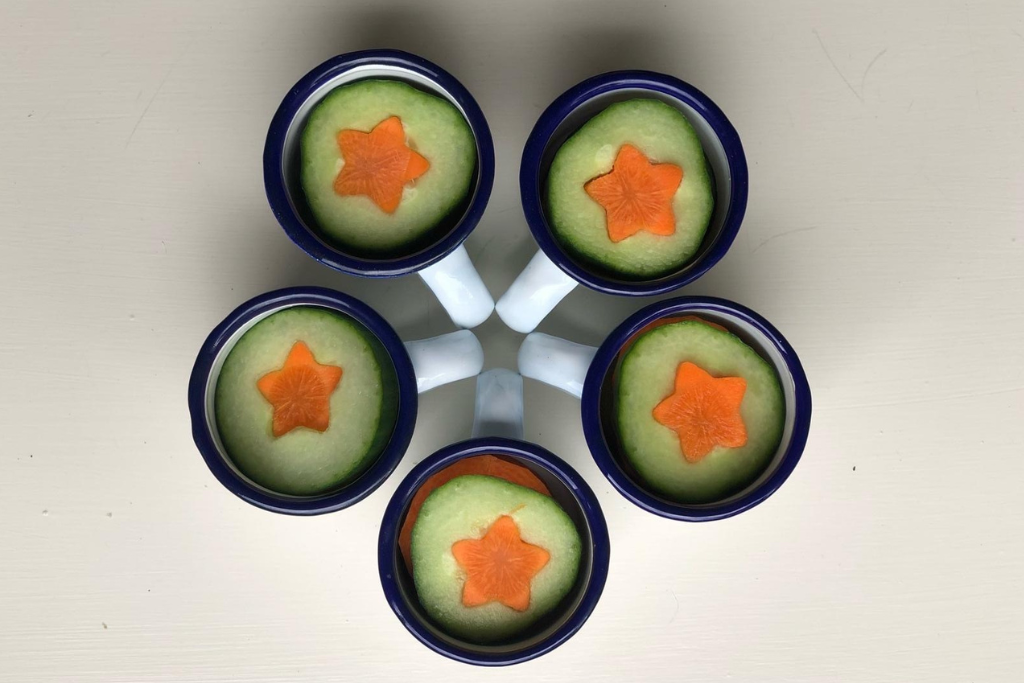The Gut-Brain Connection in Children: Unlocking the Secrets

The interplay between our gut and our brain is a profound testament to the intricate design of the human body. Recent research highlights how our digestive health can influence our cognitive and emotional well-being—a connection particularly vital during a child's developmental years.
The gut is a bustling metropolis of bacteria, known as the microbiome. These microbes are crucial for digestion, nutrient absorption, and immune system responses. Interestingly, they also produce neurotransmitters like serotonin, the 'happiness chemical' largely synthesised in the gut.
The Ripple Effect on Children's Development
The health of a child's gut can influence their mood, behaviour, and cognitive abilities. An imbalanced gut, often stemming from diet, stress, or medication, can lead to emotional and cognitive challenges. However, a diversified microbiome in children can result in:
- Stabilised moods and fewer mood swings.
- Better concentration and cognitive prowess.
- A reduced risk of certain neurodevelopmental disorders.
Practical Tips for Nurturing the Gut
Ensuring gut health translates to taking practical steps in daily life. The childhood years, bustling with challenges like school, stress, dietary choices, medications, and an active lifestyle, can put the gut's balance to the test.
- Probiotics: Consider adding probiotics to your child's diet. Baba West Kidskalm is an excellent choice, specially formulated for children aged 12 months and older. It's packed with 6 billion friendly bacteria from the globally researched strain Lactobacillus rhamnosus GG (LGG)*. Plus, it also contains added natural fibre, providing essential nourishment for the gut microbiome.
- Diverse Diet: Incorporate a range of foods to foster a diverse gut microbiome. Emphasise whole foods, fresh vegetables, and fruits.
- Limit Sugar: High sugar consumption can adversely affect the gut's balance. Opt for natural sweeteners or reduce sugar in your child's diet.
- Manage Stress: Encourage relaxation techniques such as deep breathing, mindfulness, or even simple outdoor play to mitigate stress.
- Stay Informed: Understand the potential side effects of medications and antibiotics on the gut microbiome and seek alternatives or supportive measures when necessary.
Nurturing the gut-brain connection in children is an investment in their overall well-being. With practical steps and the support of supplements like Baba West Kidskalm, we can pave the way for healthier, happier futures.



